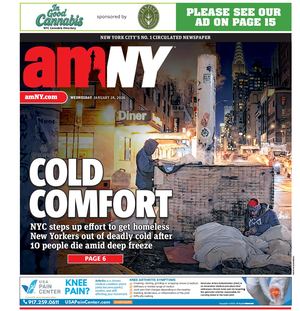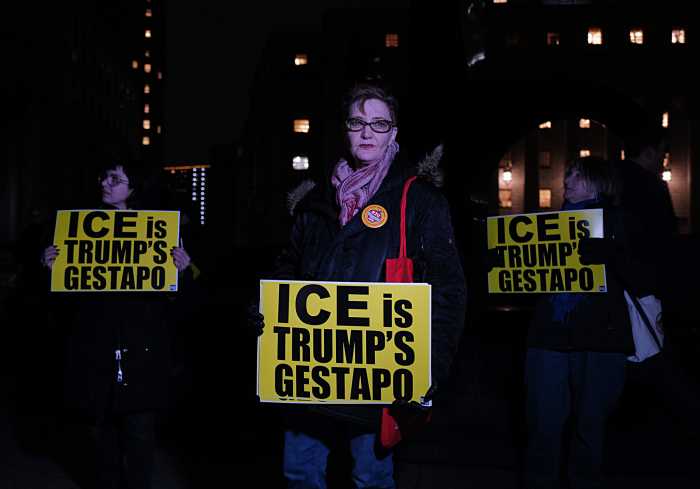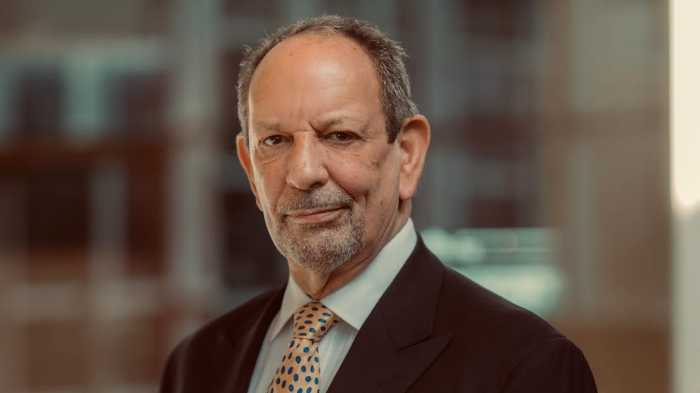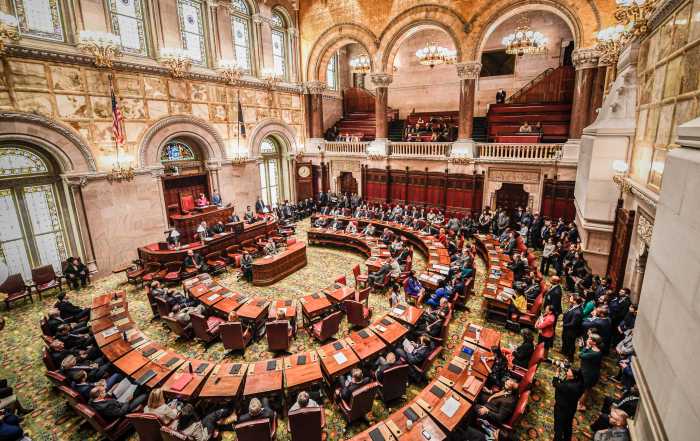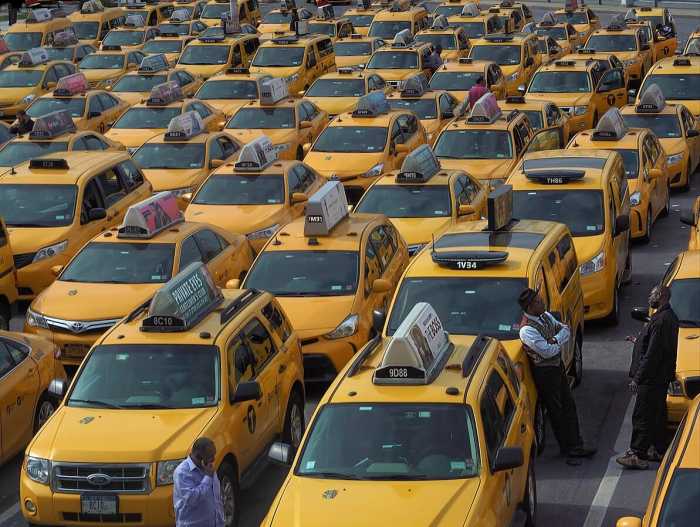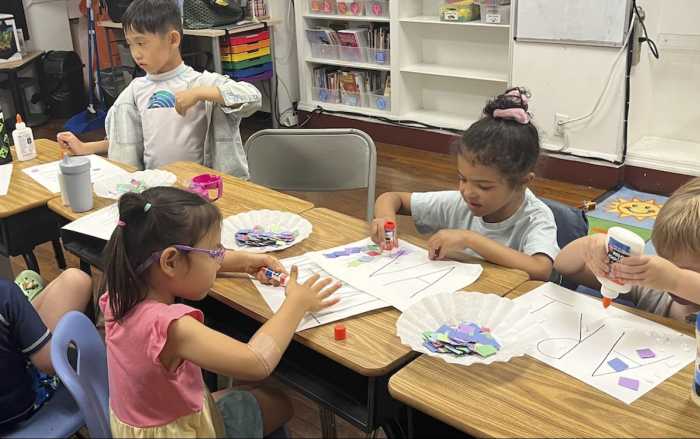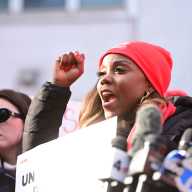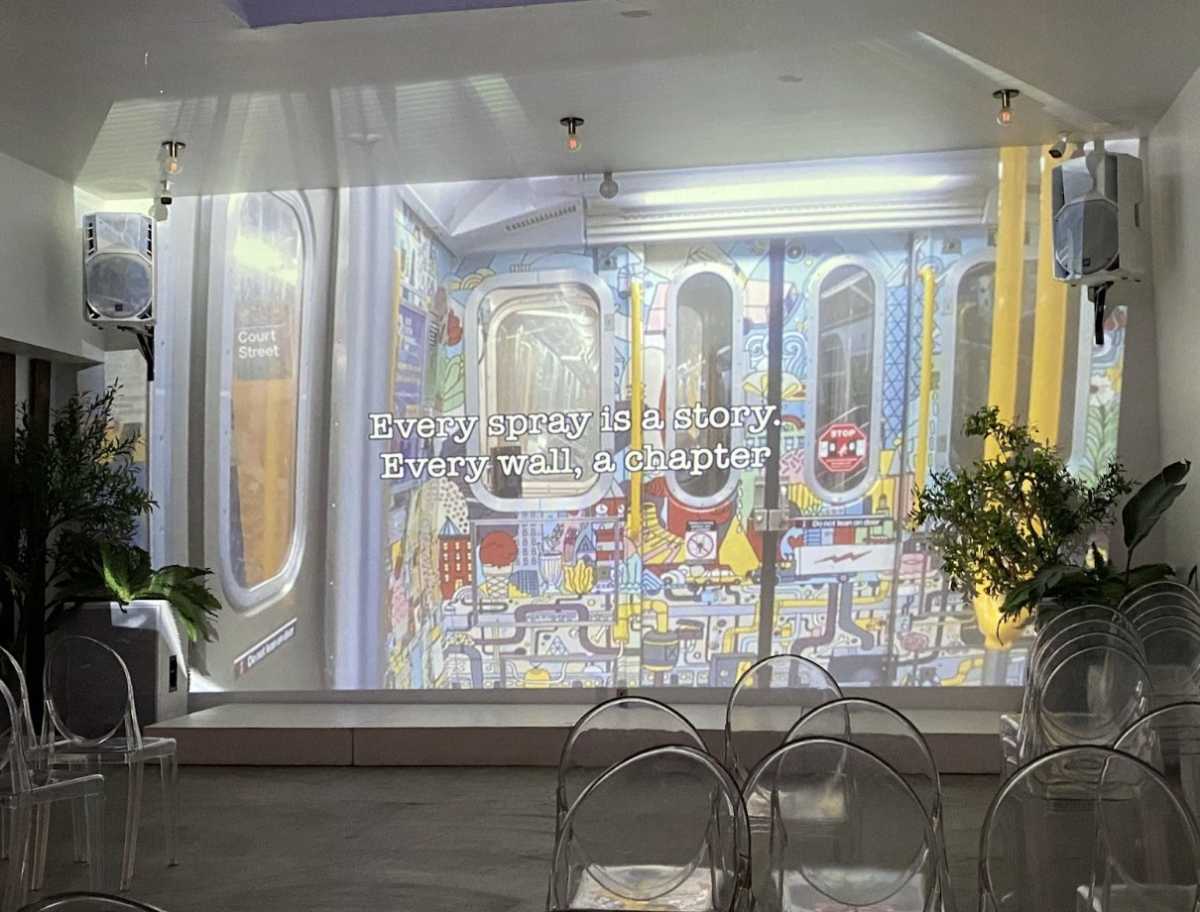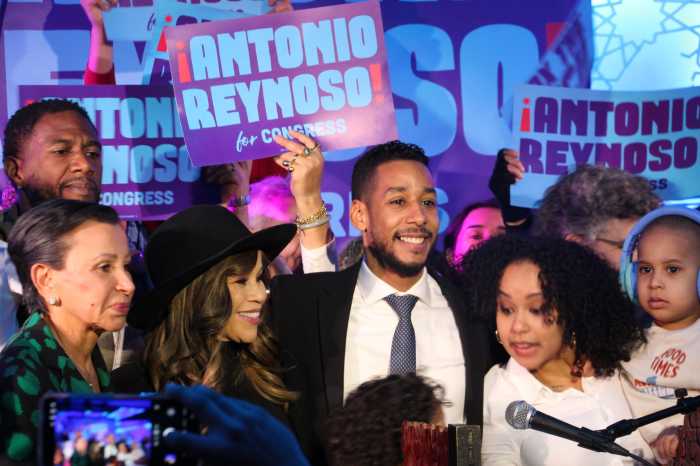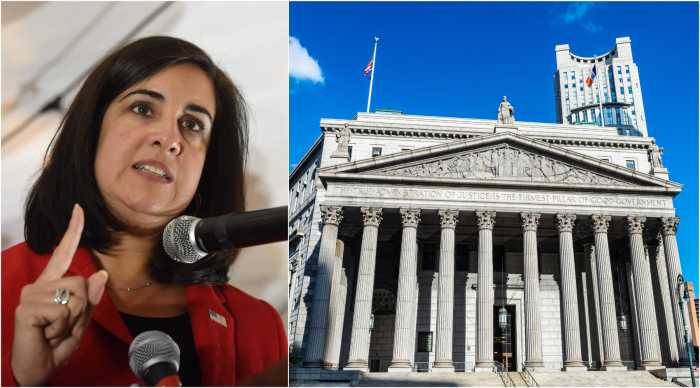A town hall in Brooklyn. Some 800 people pack into Union Temple to speak to their congresswoman. At capacity, more constituents are told to go across the street to the Brooklyn Public Library’s main branch to watch via livestream. The Brooklynites are engaged, angry, and fired up about President Donald Trump.
They’re here to make democracy happen.
Would Rep. Yvette Clarke lend her support to the proposed Presidential Trade Transparency Act, which would require presidential disclosure about foreign holdings? “Certainly.”
Would she have more town halls like this one? This is “just one in a series.”
And particularly boldly: When would it be time to call for Trump’s impeachment? Well, “all the ducks are beginning to line up” vis-a-vis Russian connections, Clarke said. “It won’t be long.”
The room erupted. It was what they wanted to hear.
While many of Clarke’s Republican colleagues around the country ducked questions or resignedly faced the music at town halls during their weeklong recess, the progressive representative from central Brooklyn enjoyed the flip side of anti-Trump fervor. Her Wednesday-night town hall showed both an engaged constituency taking tea-party-like shape, and also the limits to immediate effectiveness for that engaged citizenry in places that are solidly blue.
Not ducking for cover
The week off for representatives and senators provided an interesting first test of the strength of Democrats and others who were surprised at Trump’s win or demoralized by his first month in office. Would they simply continue snowflaking social media and comment boards without much real-world impact?
Often-overflowing attendance at town halls indicated that wouldn’t be the case. Arkansas Sen. Tom Cotton was thunderously booed after he tried to sidestep an Obamacare question. Iowa Sen. Chuck Grassley was reminded that he works for the people, in case he forgot.
But for someone like Clarke, a member of the Congressional Progressive Caucus who recently introduced a bill to protect sanctuary cities, there was much less drama. Well, there was one moment of confusion. When asked whether she would join with a fellow representative’s resolution of inquiry about Trump’s conflicts of interest, she said, “sounds like something I should be on.” Later, an aide reminded her that she had already signed on. The crowd cheered.
Beneath the supportive, celebratory mode, however, there were notes of the difficulties ahead. Clarke was careful to caution that, as members of the minority party in Congress, Democrats could try to do all they could to, say, stop the confirmation of Neil Gorsuch to the Supreme Court, but the the numbers severely limit their options.
For Clarke, that means Democrats need to focus on winning elections, as well as pressure nearby Republicans like Rep. Dan Donovan, who represents Staten Island and parts of Brooklyn; or Long Island’s Rep. Peter King.
One constituent asked what exactly they could do on that front, as outsiders. It was one of the few moments where Clarke seemed to stumble. She suggested building common cause with Democrats in those districts, helping them to get letters out and staying on top of elected officials.
All politics is local
The other suggestion on the table Wednesday: focus locally.
Clarke appeared alongside a panel of local leaders in areas like reproductive rights, immigration defense, and climate change. Some of them discussed means of engagement on those causes beyond holding federal representatives’ feet to the fire, less useful in that district.
Michael Shank, assistant professor of sustainable development at the NYU Center for Global Affairs, talked about personal steps people can take to help fight climate change: eating vegetarian, for example.
He also mentioned an important local bill, which was stopped not by Trump or congressional Republicans or even Republicans in general. This was the New York City plastic bag fee, common sense legislation meant to discourage the use of billions of non-reusable bags a year. That city law was blocked by Democrats and Republicans in the State Legislature, along with Democratic Gov. Andrew Cuomo.
Cuomo’s reason was that dealing with plastic bags required a statewide solution. That’s great: Voters should see whether it happens and hold him and lawmakers accountable if it doesn’t.
Speaking after the town hall, Shank said he mentioned the local bill because frustration with cabinet picks, for example, “can lead to paralysis.”
A “multi-tiered” approach can be helpful, he said, including actions on the federal and state levels, but also through local businesses and in local communities. The feeling of “impotence” nationally can lead to “local activity.”
